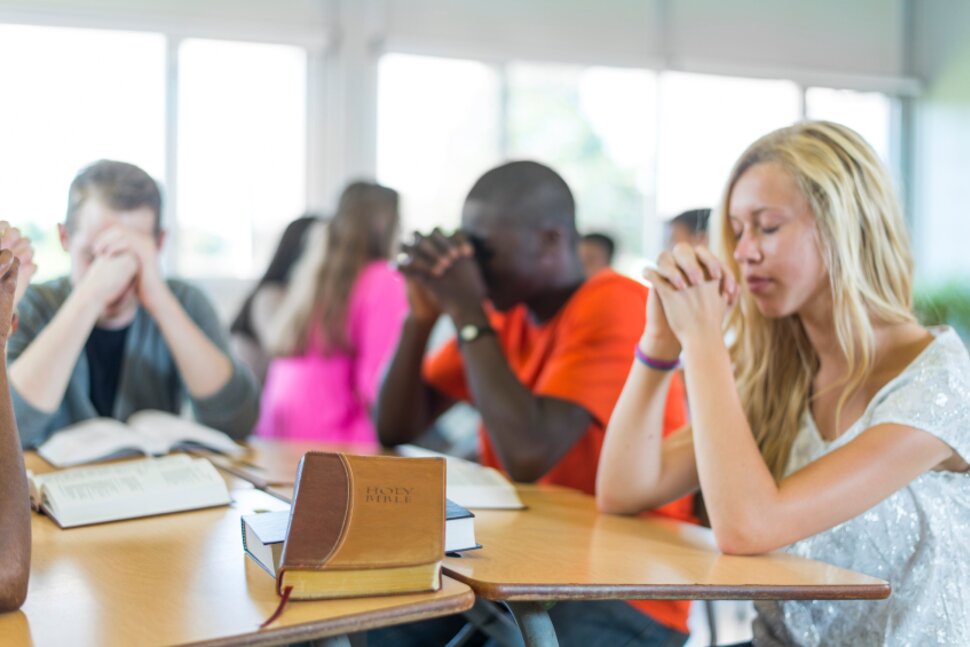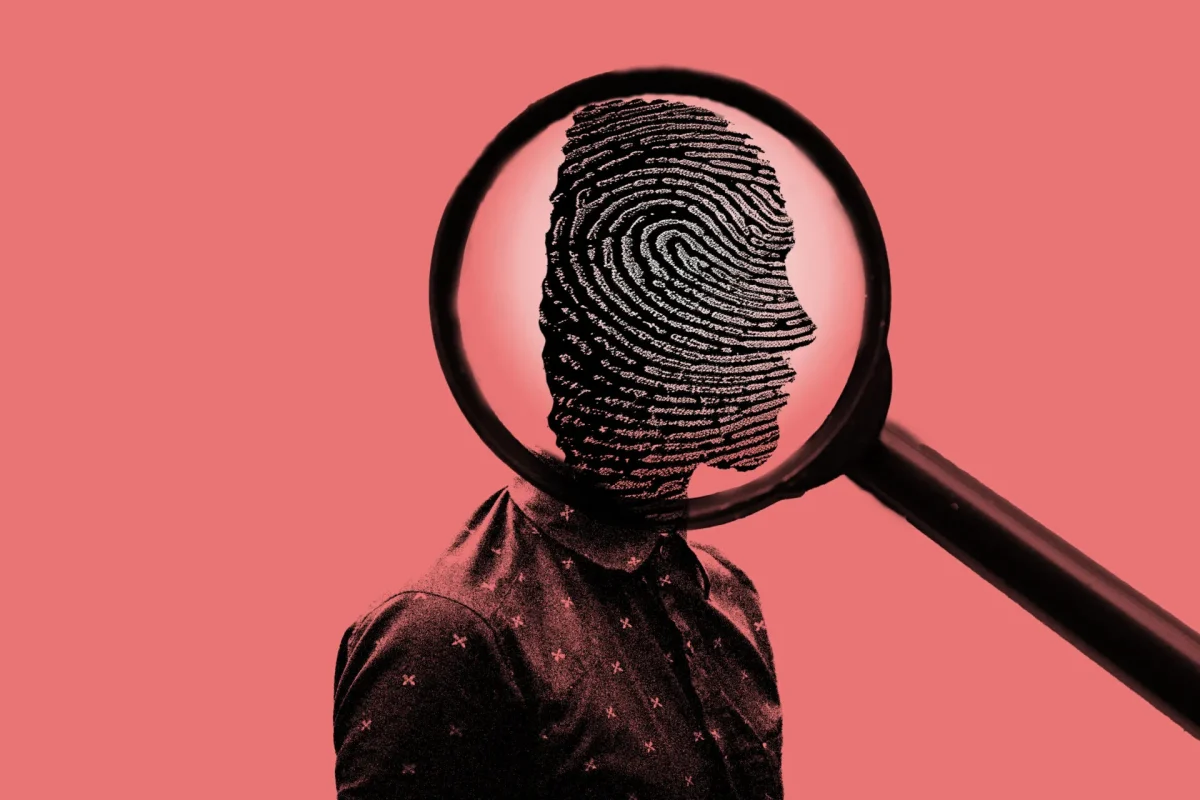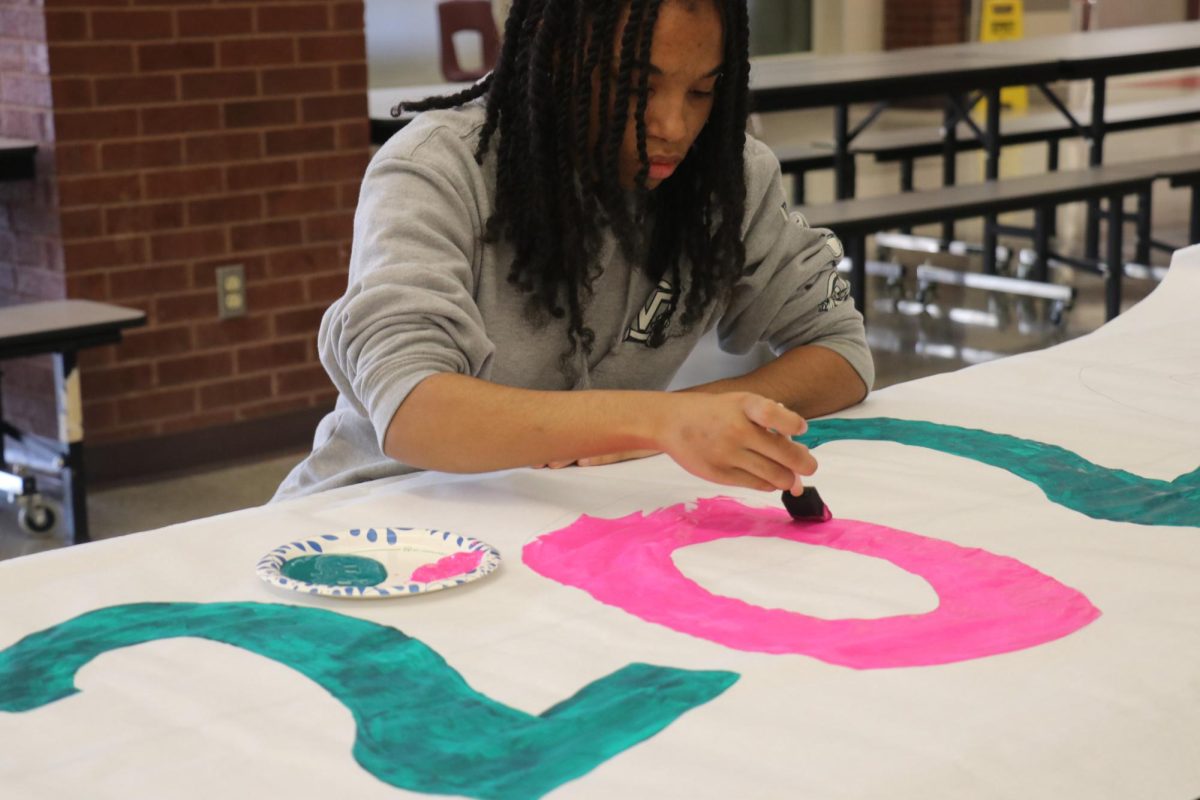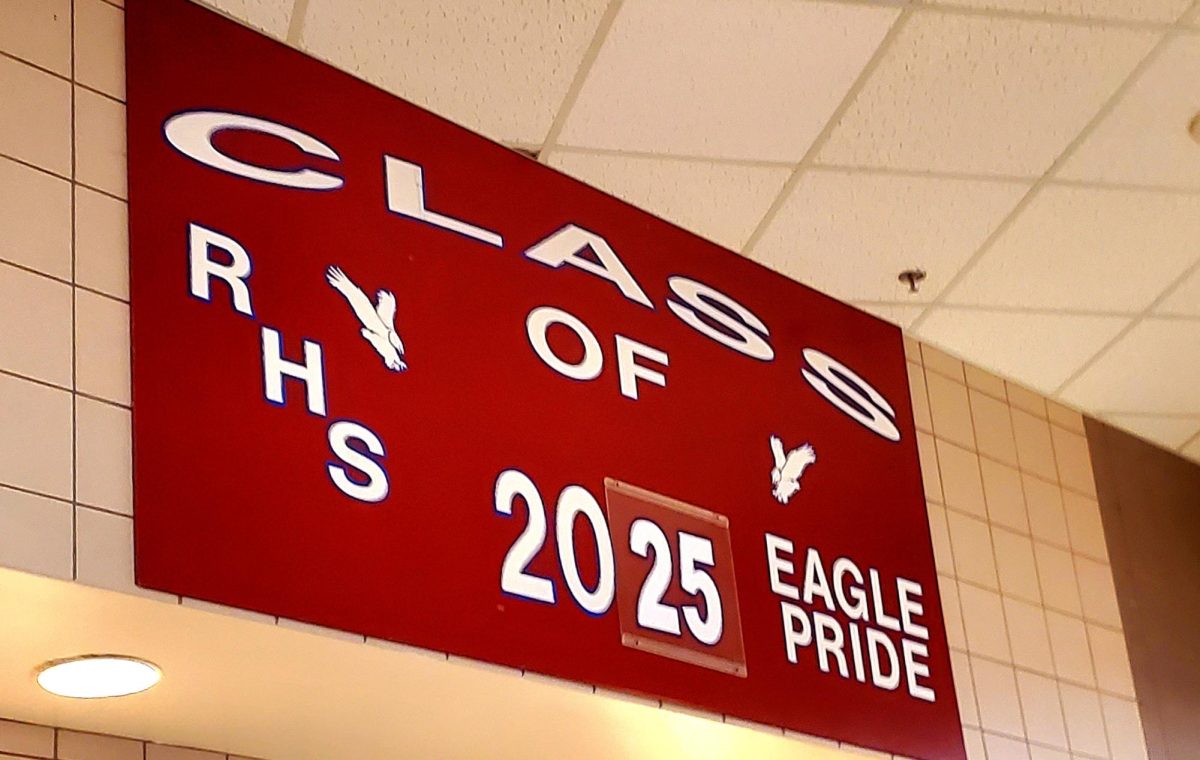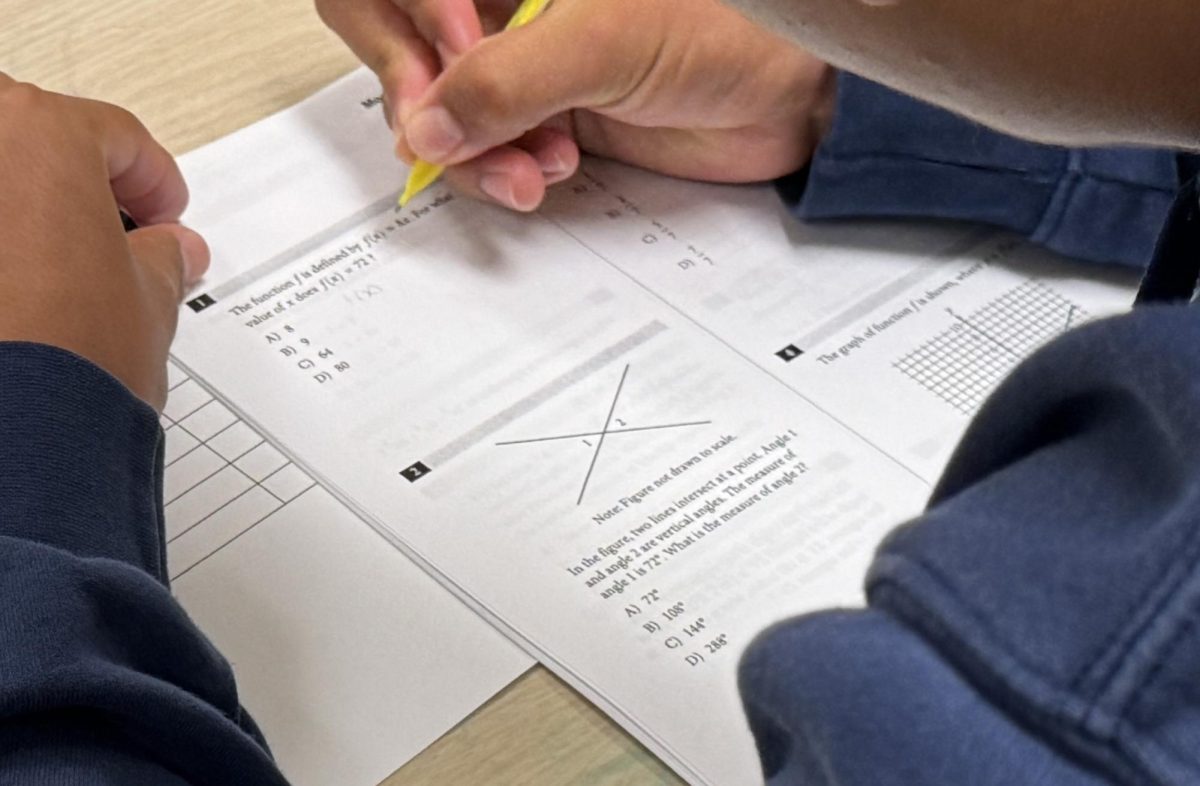Religion in public schools has been a topic of debate for decades. While some argue religion has no place in public schools, others believe it is important to recognize and respect the religious beliefs of all students. In recent years, the issue has become more complex as schools struggle to find a balance between religious expression and the separation of church and state.
One argument against religion in public schools is that it violates the First Amendment. The Establishment Clause prohibits the government from establishing or endorsing a religion. This means public schools cannot promote any particular religion or require students to participate in religious activities.
Principal Carmen Blakey said, “Student’s religious beliefs should not be influenced by administrators.”
However, students are allowed to express their religious beliefs in public schools as long as it does not disrupt the educational environment.
For example, students are allowed to wear religious clothing or jewelry, pray privately, and discuss their beliefs with classmates. Schools cannot discriminate against students based on their religion and must make reasonable accommodations for religious practices, such as allowing students to miss class for religious holidays.
Sophomore, Rylon Bankston said, “I think schools should have religion, because students should be able to talk about religion in class if they want to.”
Despite these protections, some students and parents feel their religious beliefs are not respected in public schools. They argue schools are too quick to censor religious expression and students are afraid to express their beliefs for fear of retaliation.
On the other hand, some argue allowing too much religious expression in public schools can create a divisive and uncomfortable environment for students. They worry that the presence of religion in schools can lead to bullying and discrimination against students who do not share the same beliefs.
“I think leave it as student led, but not to the point where it’s demonizing other student’s religious beliefs,” said Ms. Williams, a Social Studies teacher. “That happened to me in 6th grade, and the teacher told us that we were wrong for being Methodist and not Baptist.”
Ultimately, the issue of religion in public schools is a complex and controversial one. While students have the right to express their religious beliefs, schools must also ensure they are not endorsing or promoting any particular religion. It is up to schools to find a balance between religious expression and the separation of church and state and to create an environment in which all students feel respected and valued.
